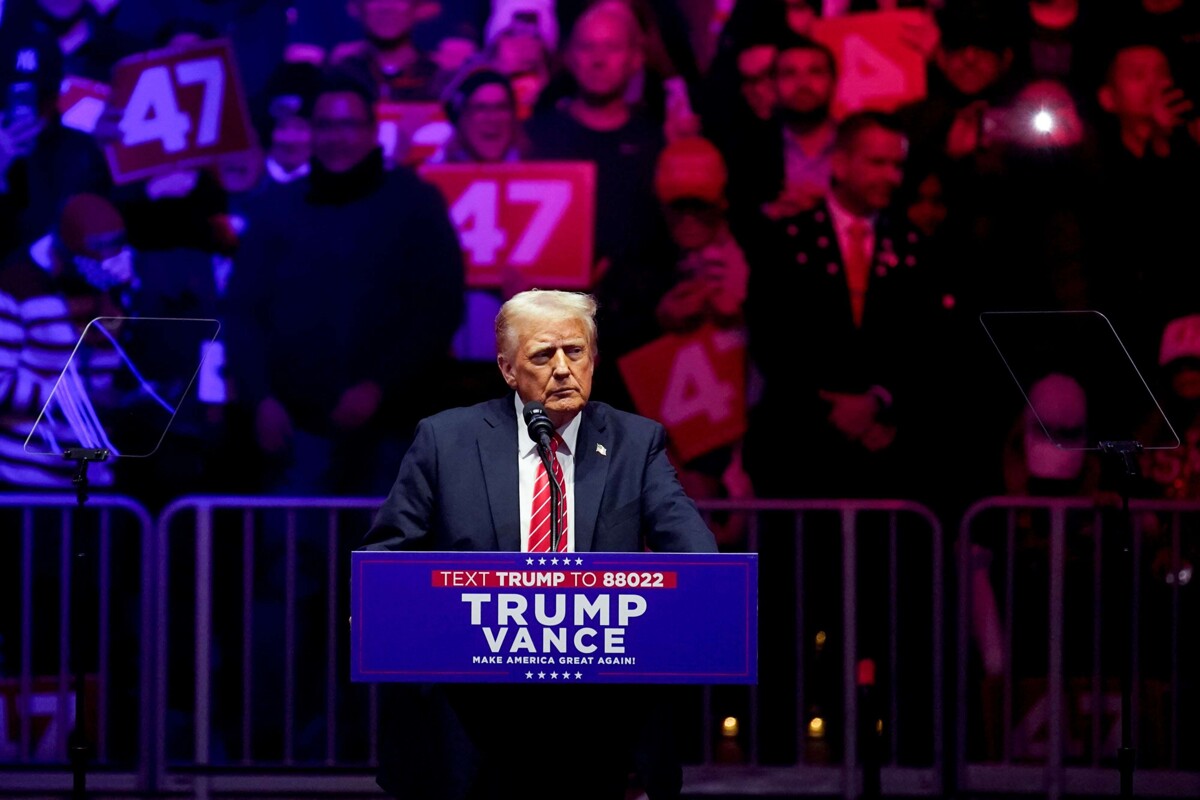
The current situation of the auto parts sector in Mexico is delicate and uncertain, as a large part of its inputs are imported. The industry faces possible negative impacts due to the policies that President Trump might implement.
"Trump would tax cars produced in Mexico by Asian manufacturers, particularly Chinese," explained Coutiño, which would significantly affect the Mexican auto parts industry. Additionally, there is a possibility of taxing cars produced by American companies located in Mexico.
Another aspect to consider is the possible impact on the monetary policy of both the United States and Mexico. The implementation of tariffs could affect inflation and the exchange rate. The director of analysis at Monex, Janneth Quiroz, emphasized that in Mexico, decisions will be made based on the progress of inflation and the exchange rate.
Adrián Muñiz of Vector pointed out that the year 2025 will be marked by high volatility in the markets. During the first half, Banxico will be attentive to the Mexican economic situation, which differs from the U.S. one.
The return of Donald Trump to the presidency of the United States generates uncertainty in the Mexican economy. The consequences may manifest in the exchange rate and in different industries that could suffer the effects of the tariffs.
Trump has warned about the imposition of tariffs, increasing uncertainty regarding the magnitude and scope of these measures. The application of tariffs could negatively impact the Mexican economy, reducing its growth.
Current estimates project a growth of 1.0% for the Mexican economy, but these figures could vary considerably depending on the decisions made by Trump. The manufacturing industry and the agricultural sector in Mexico could be the most affected by these measures. Uncertainty persists until the actions of the U.S. president are finalized.














